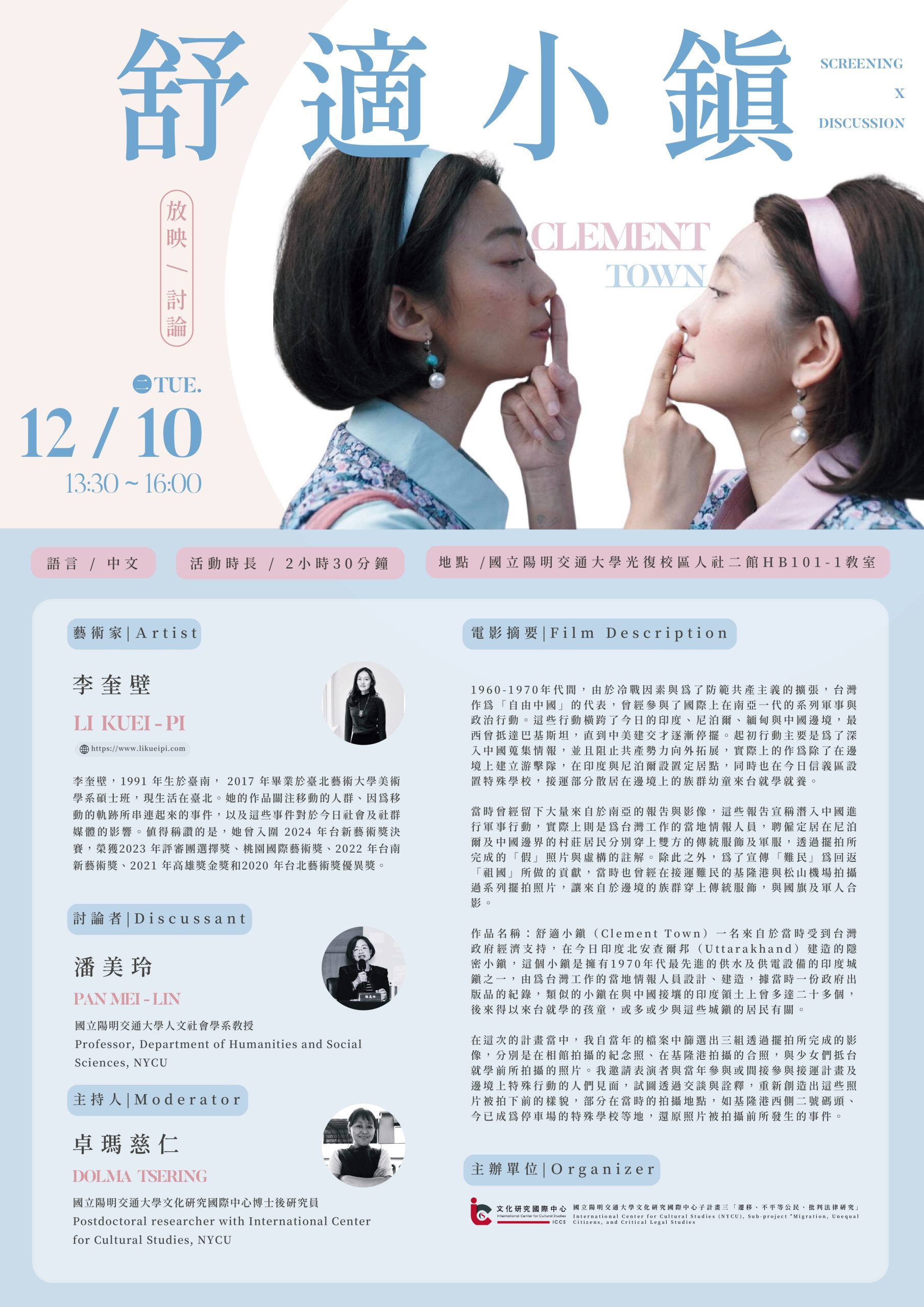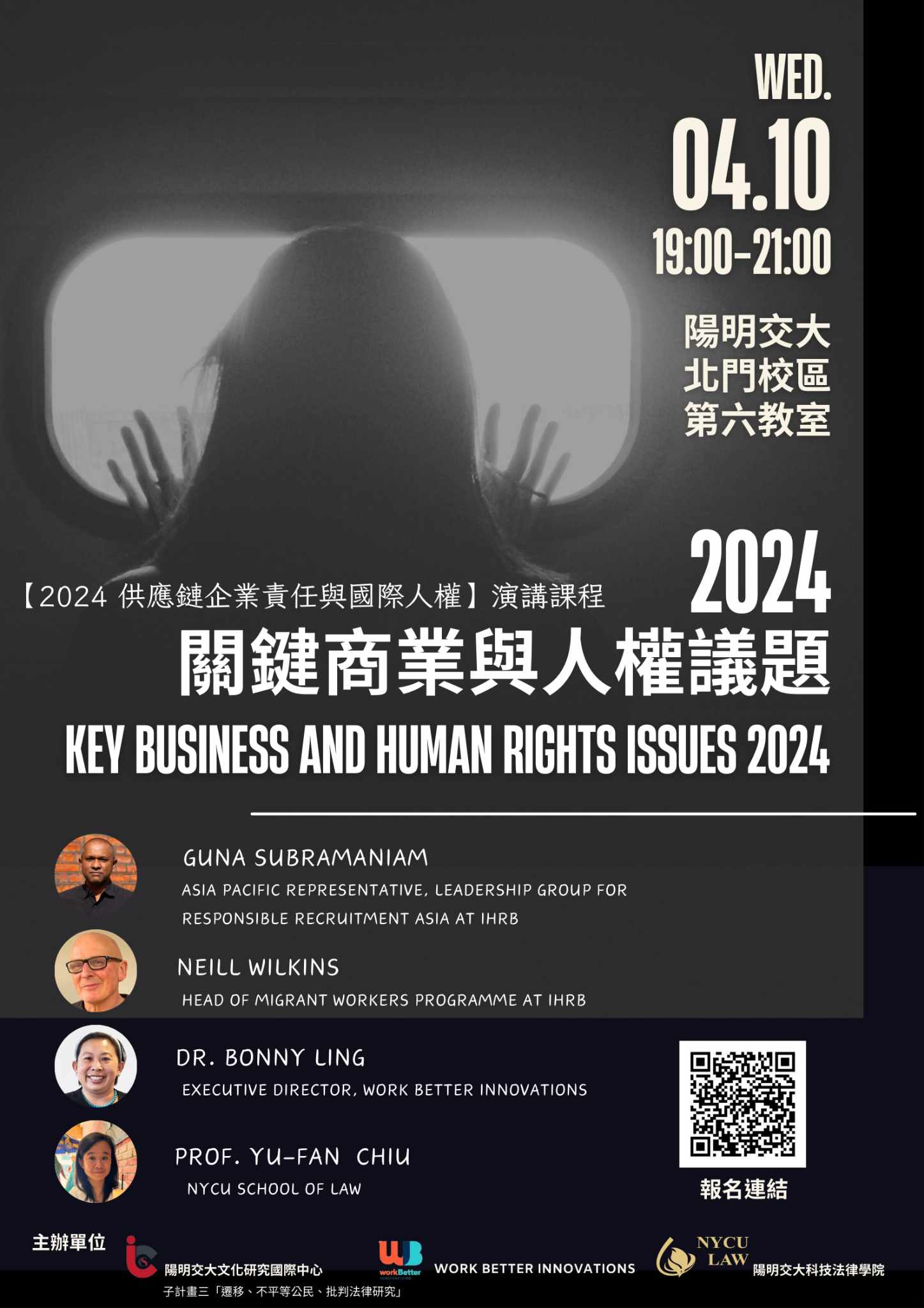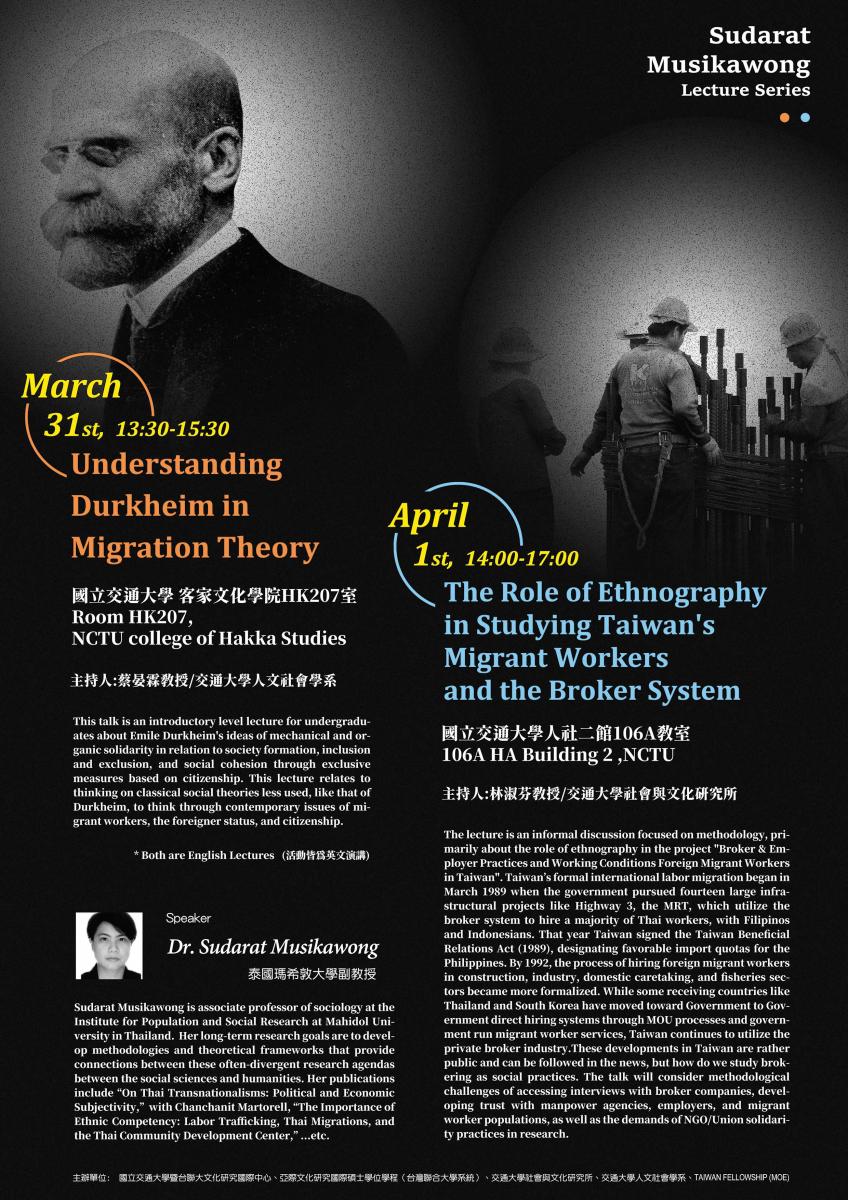aiwan’s formal international labor migration began in March 1989 when the government pursued fourteen large infrastructural projects like Highway 3, the MRT, which utilize the broker system to hire a majority of Thai workers, with Filipinos and Indonesians. That year Taiwan signed the Taiwan Beneficial Relations Act (1989), designating favorable import quotas for the Philippines. By 1992, the process of hiring foreign migrant workers in construction, industry, domestic caretaking, and fisheries sectors became more formalized (Chen, 2006). While after 2005, such infrastructural construction projects slowed, the demand for labor in personal care services, SME factories and both long-and short haul fisheries sectors increased. While some receiving countries like Thailand and South Korea have moved toward Government to Government direct hiring systems through MOU processes and government run migrant worker services, Taiwan continues to utilize the private broker industry (recently amended direct employer hiring), waranting more careful study of broker and employer practices.These developments in Taiwan are rather public and can be followed in the news, but how do we study brokering as social practices. The talk will consider methodological challenges of accessing interviews with broker companies, developing trust with manpower agencies, employers, and migrant worker populations, as well as the demands of NGO/Union solidarity practices in research.



